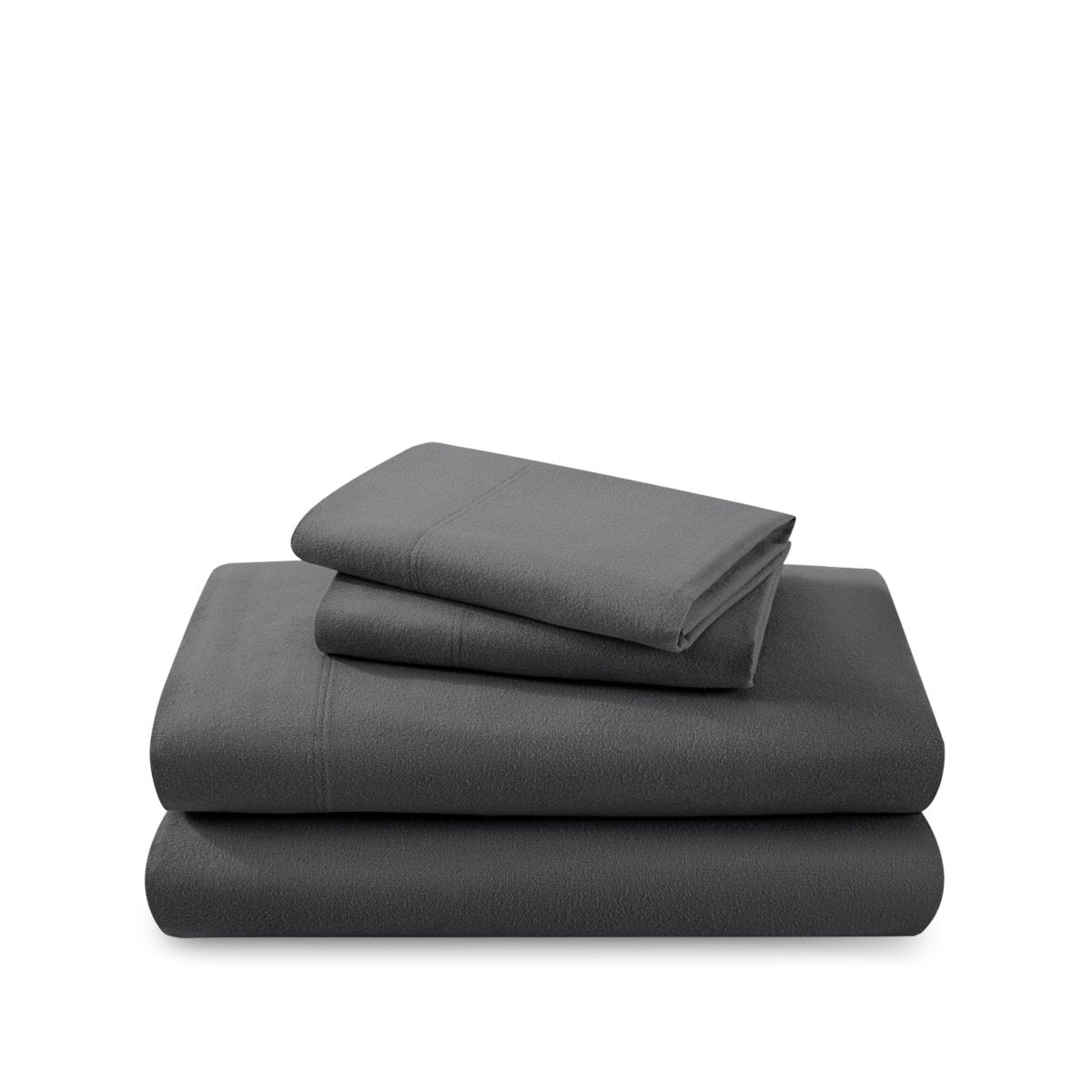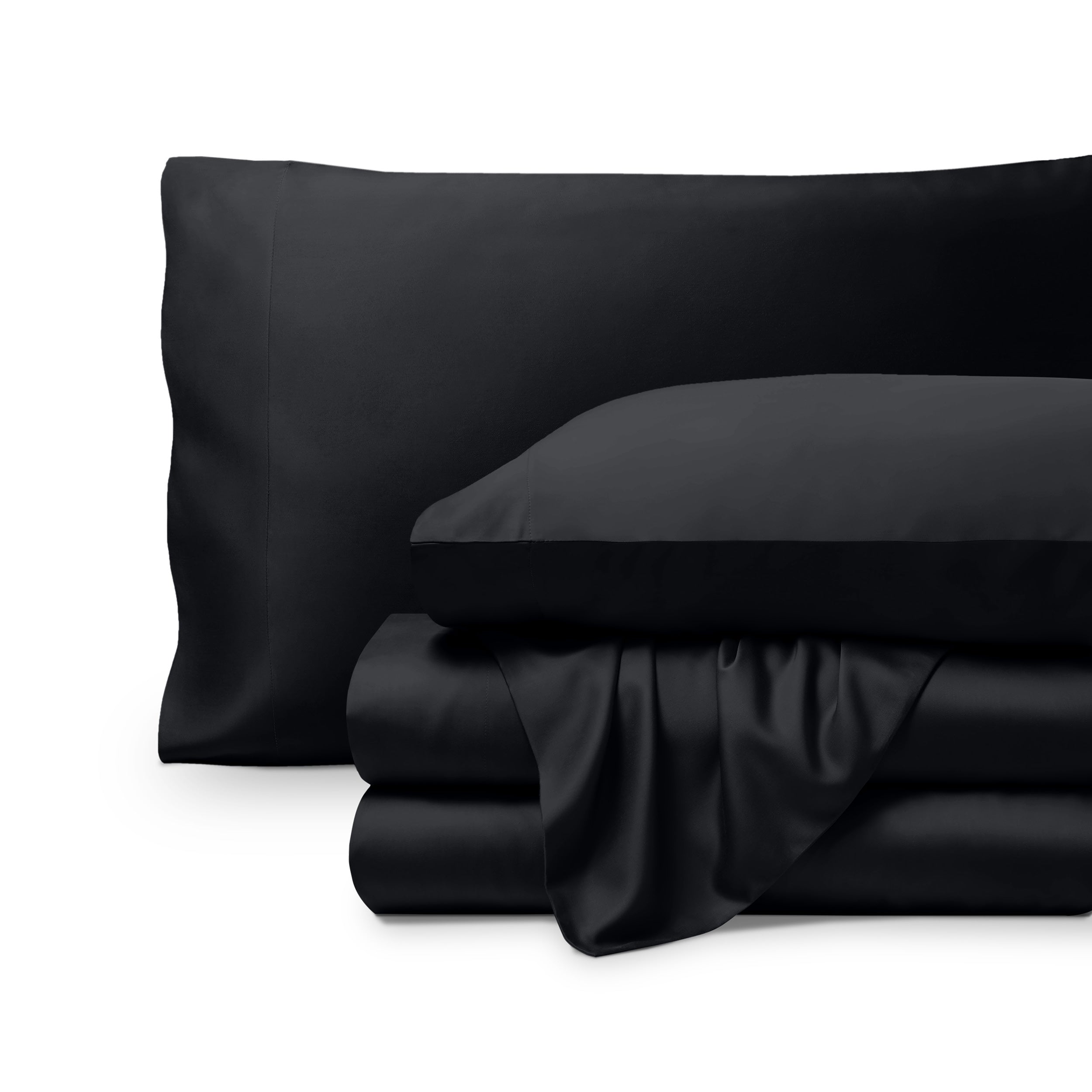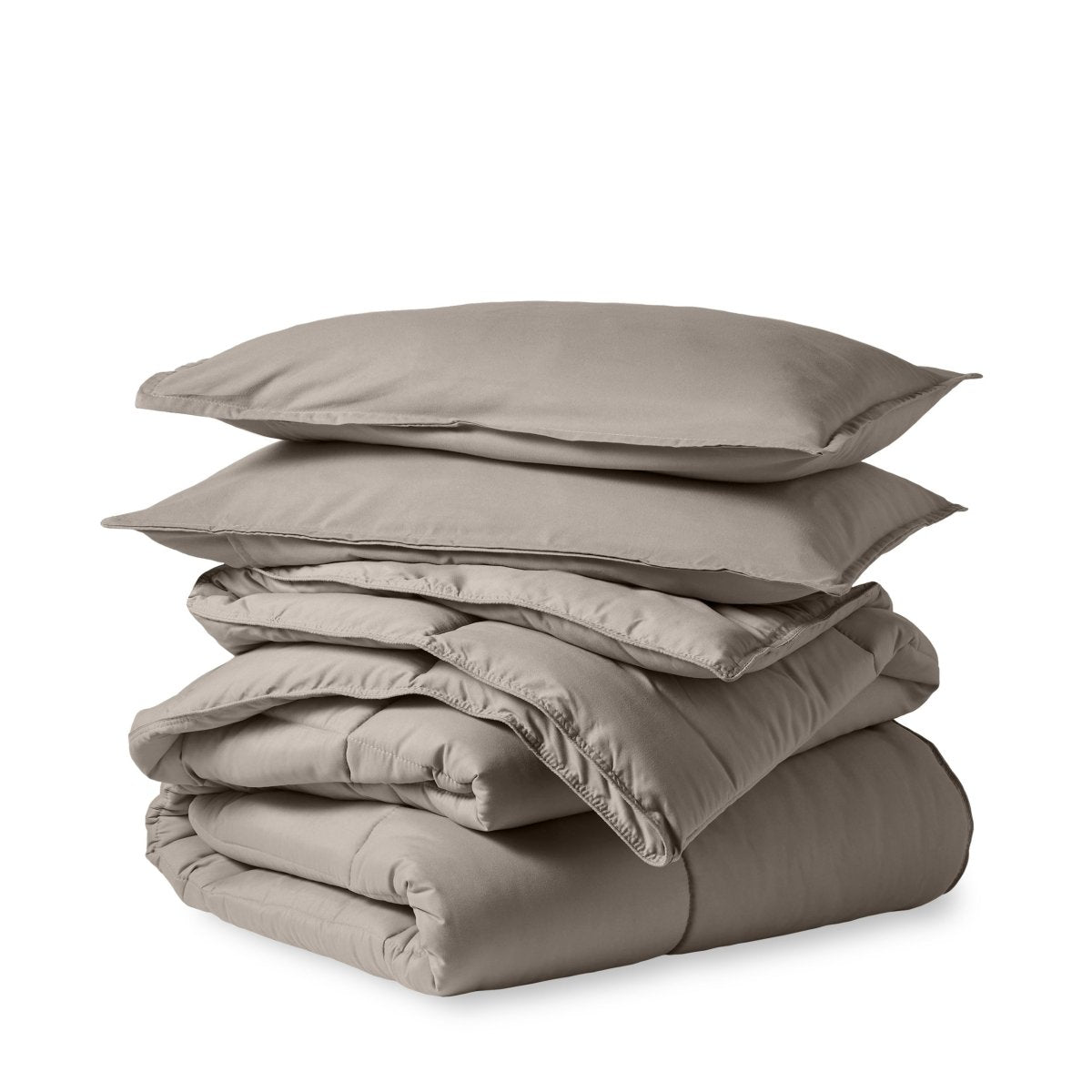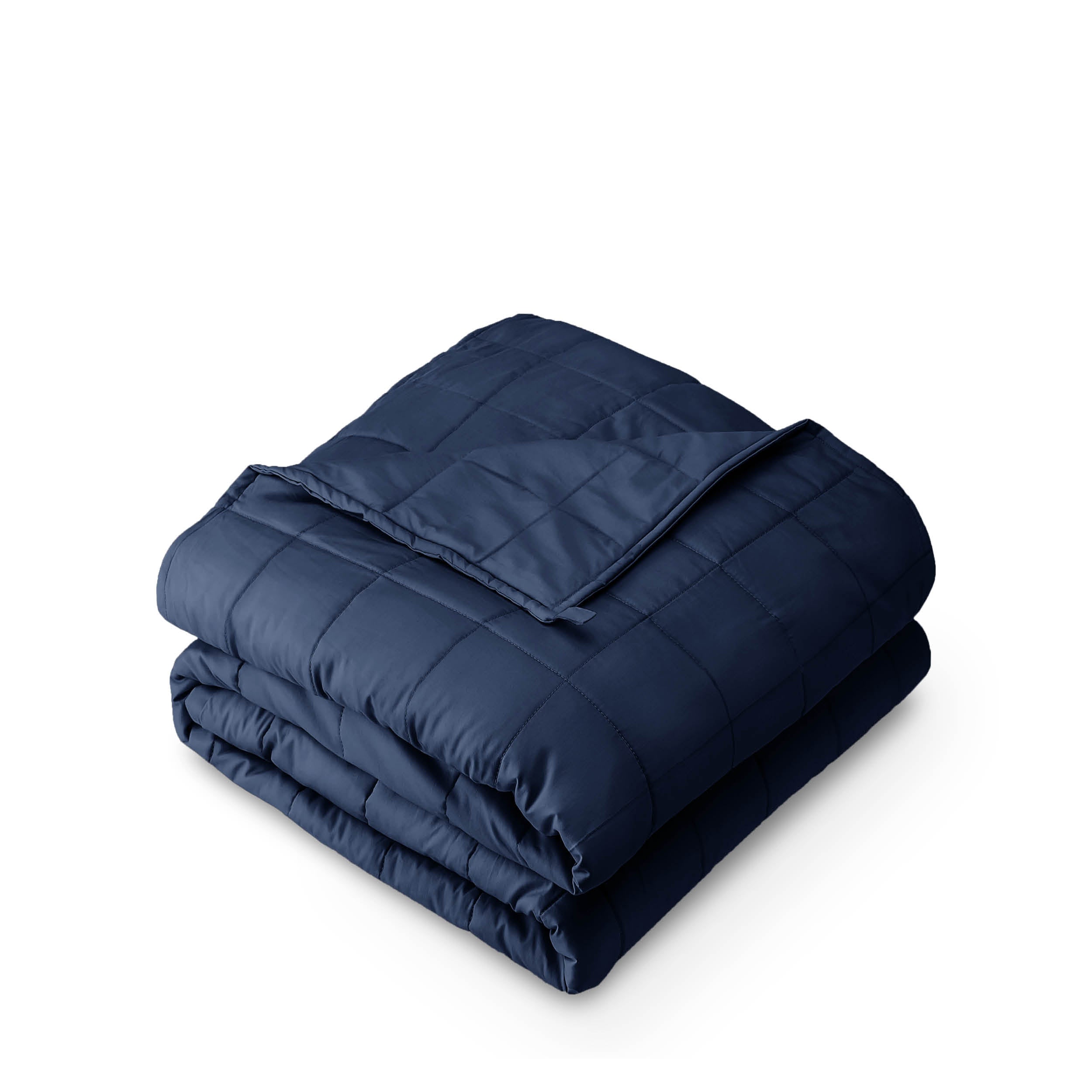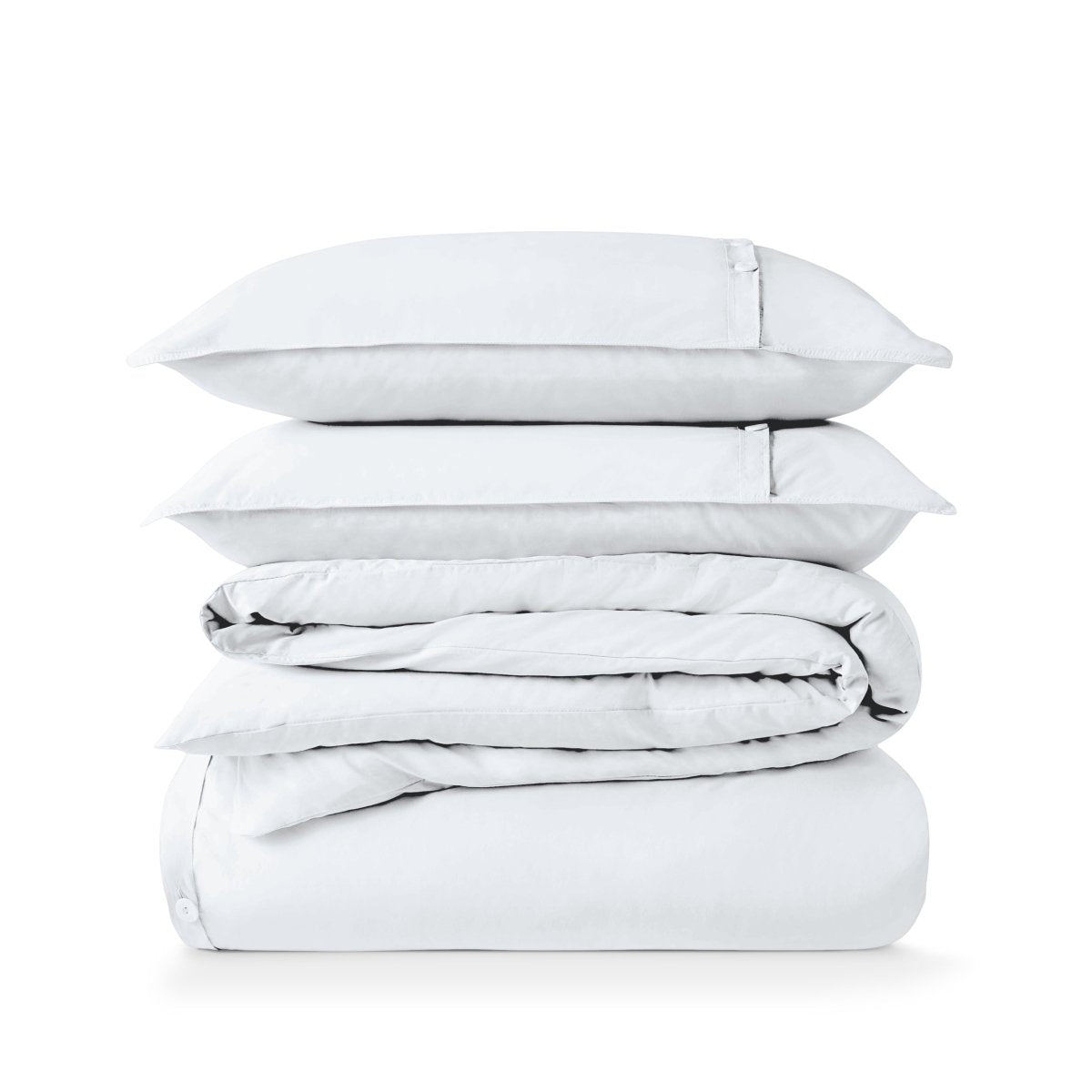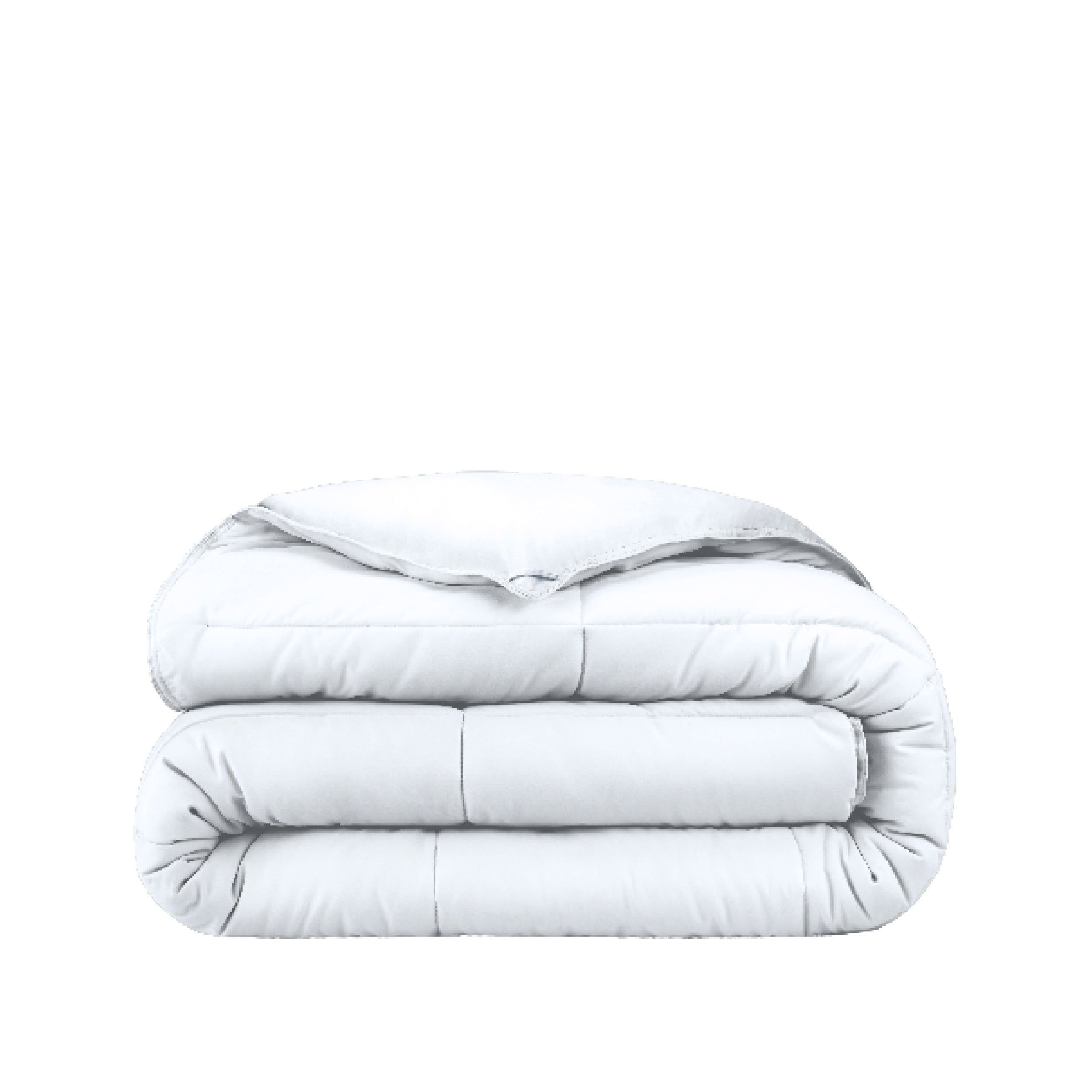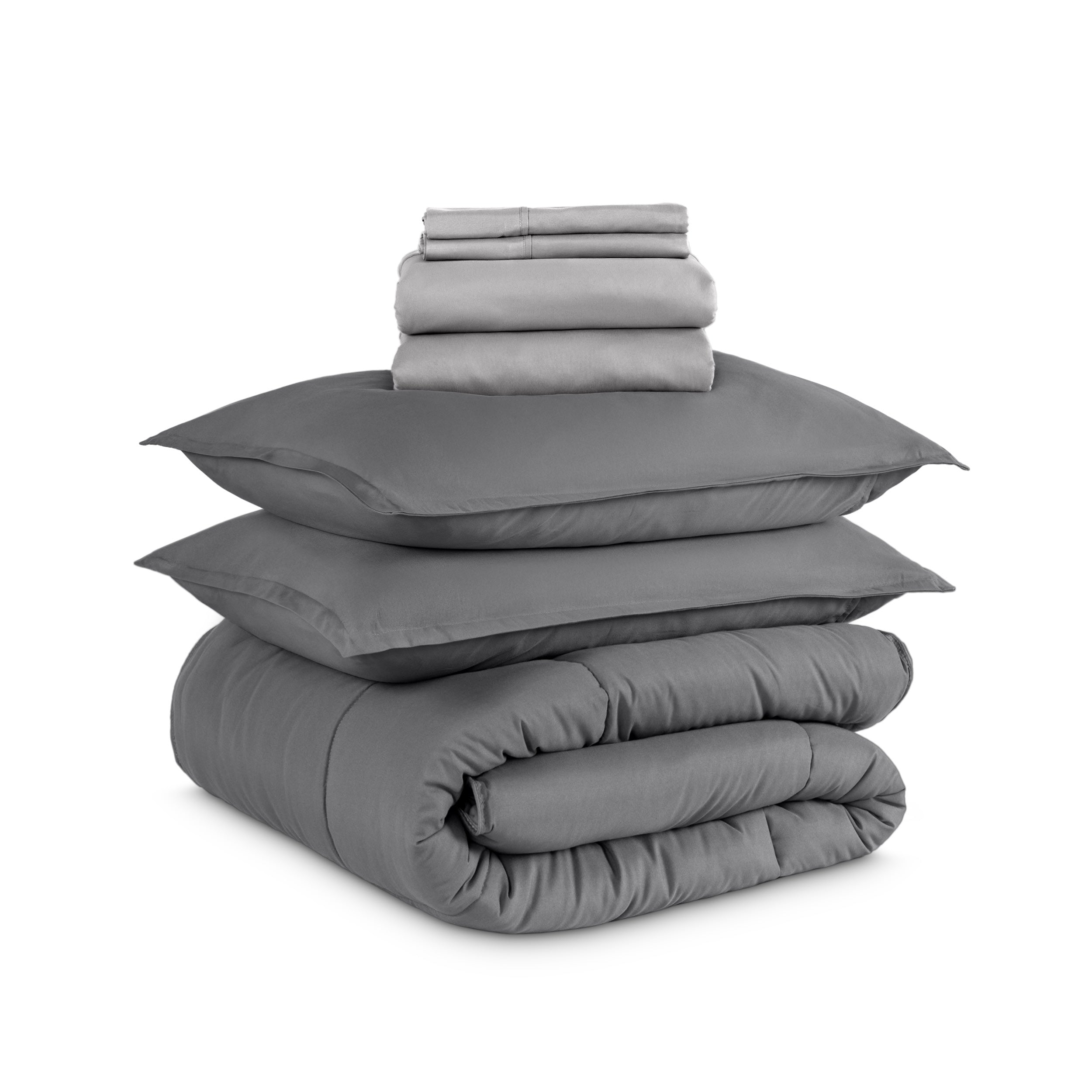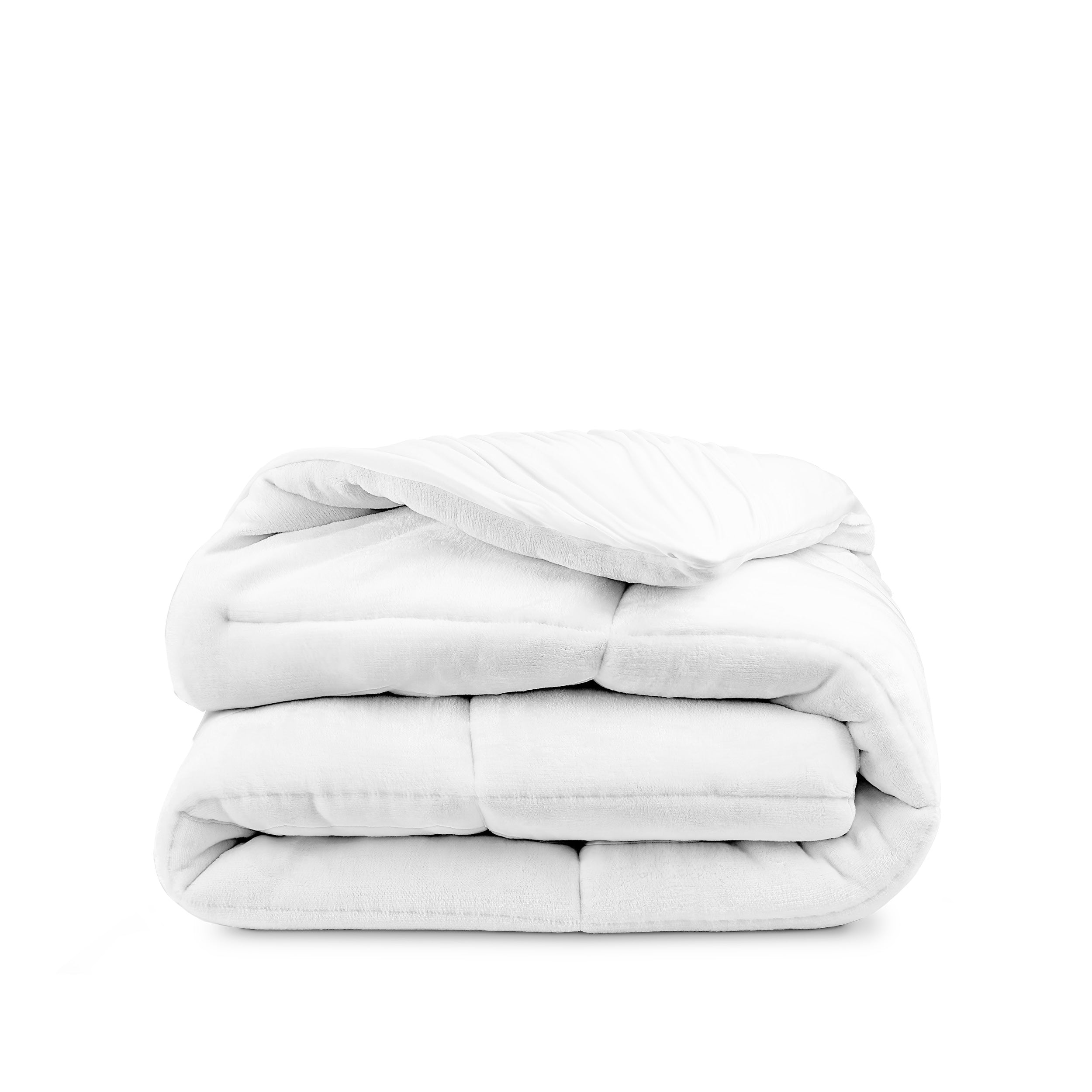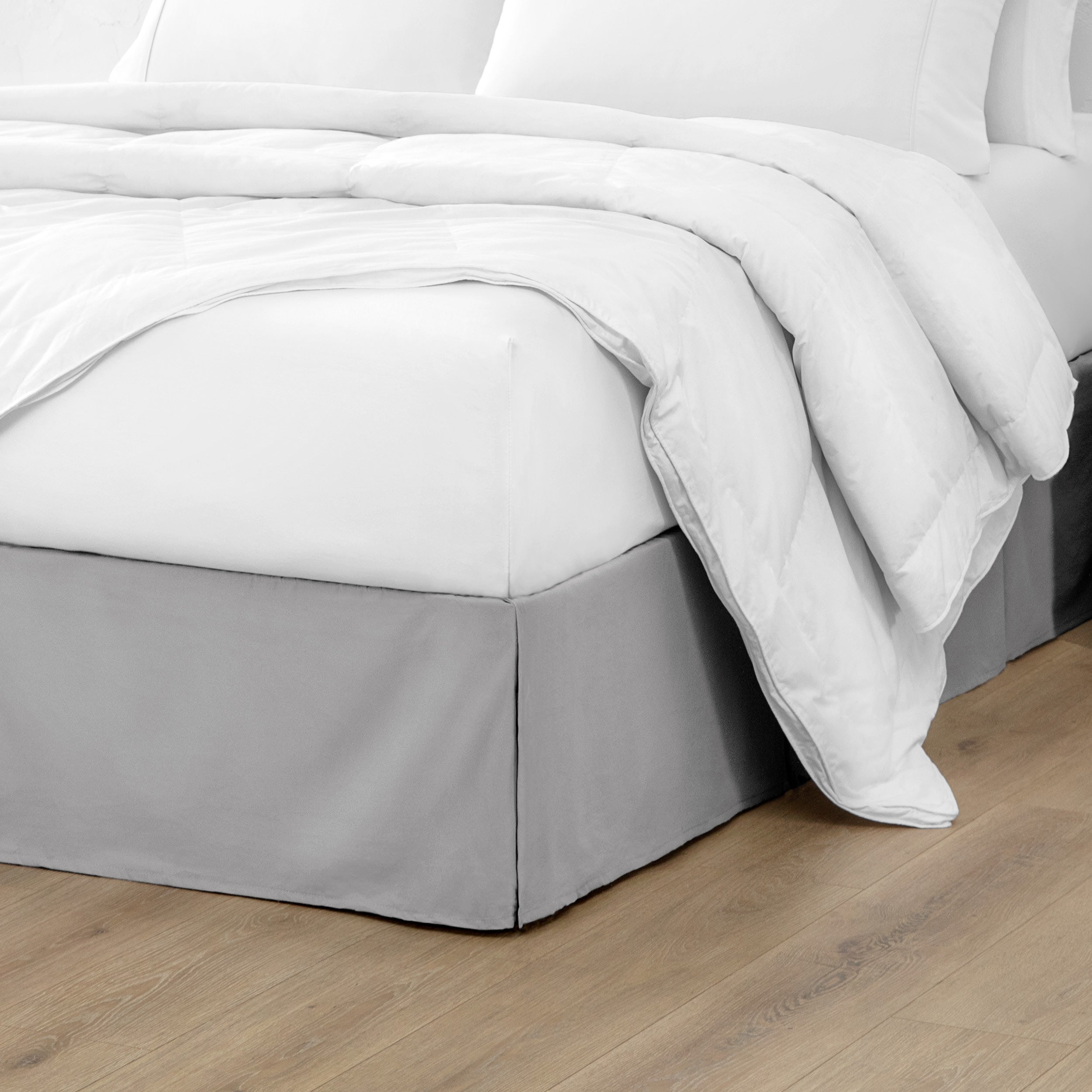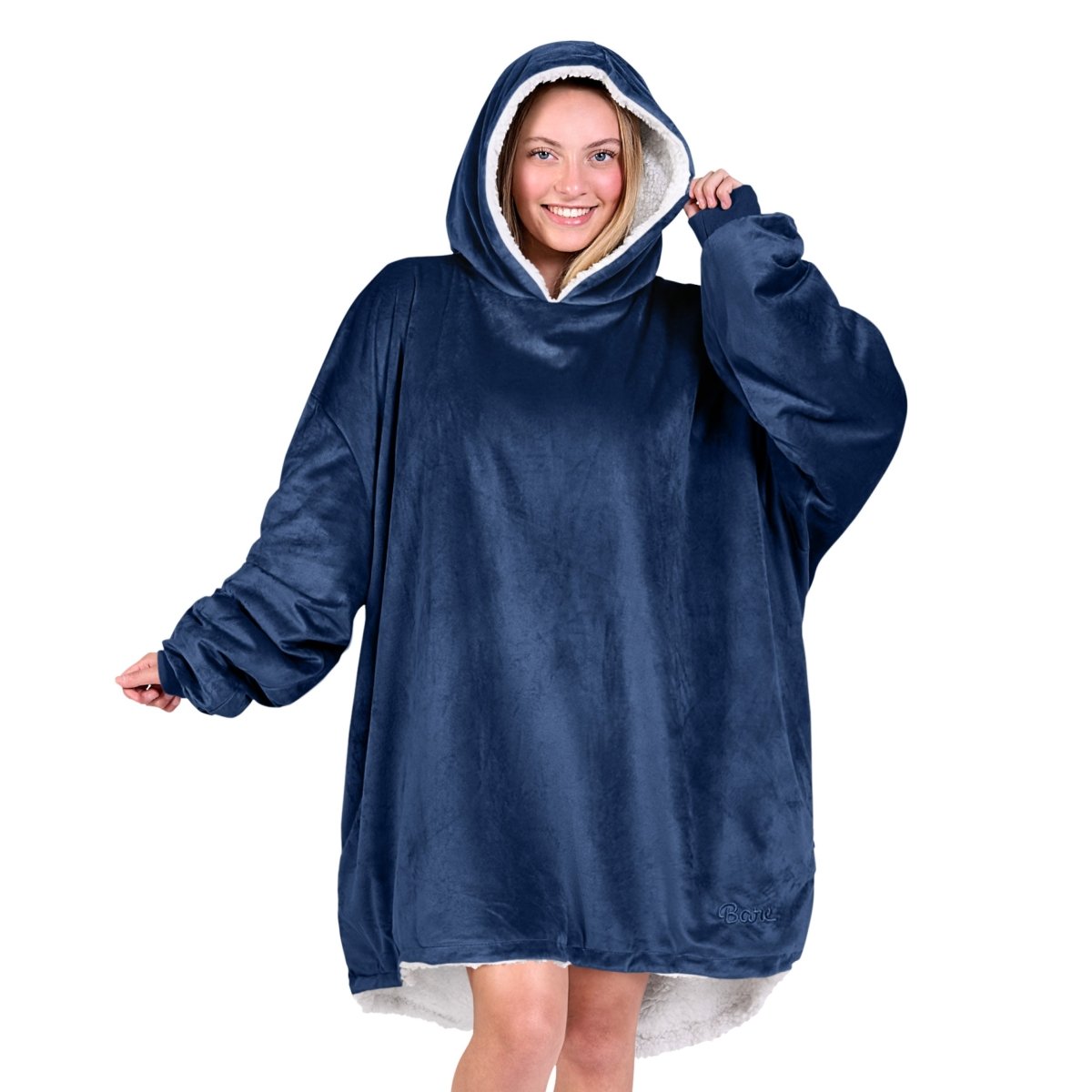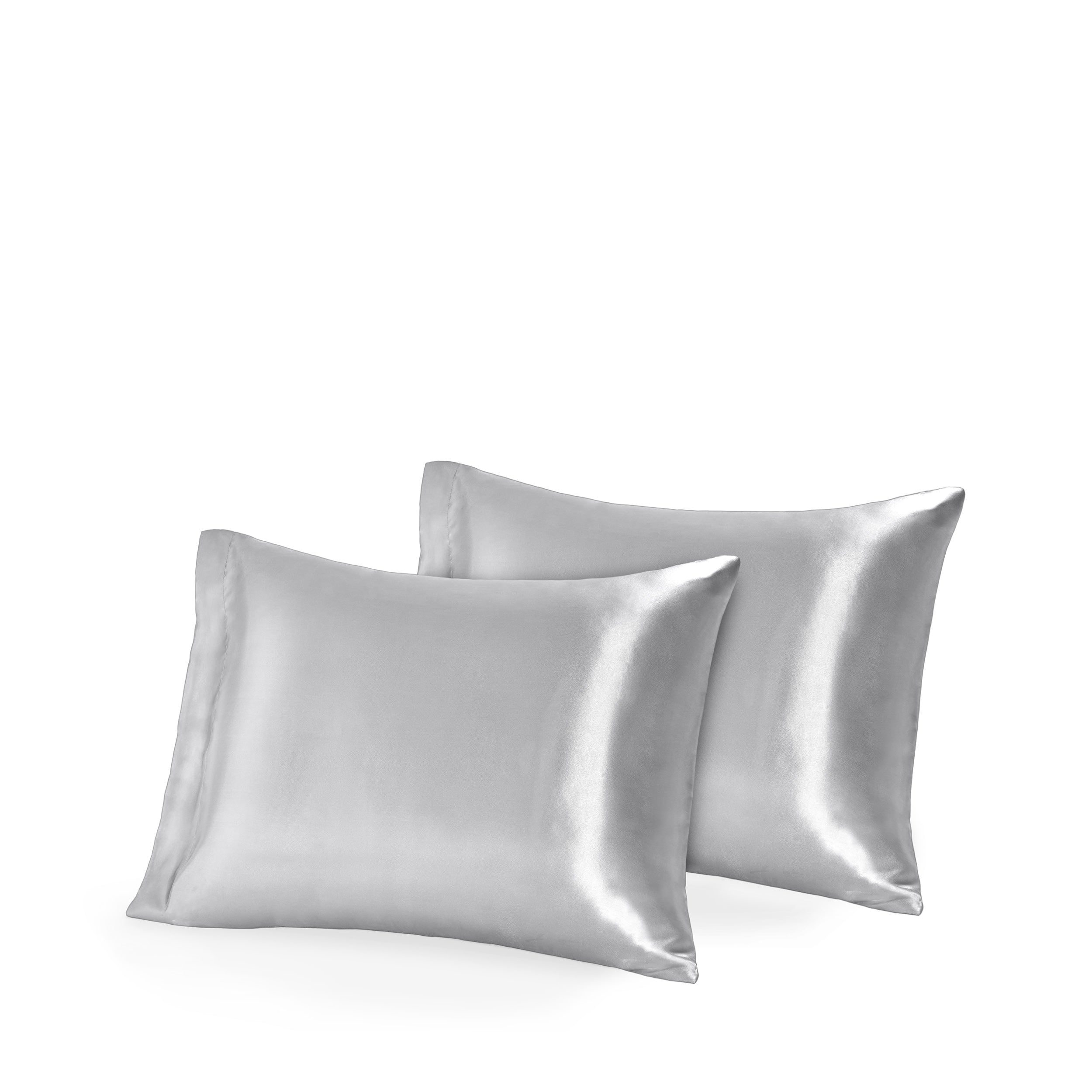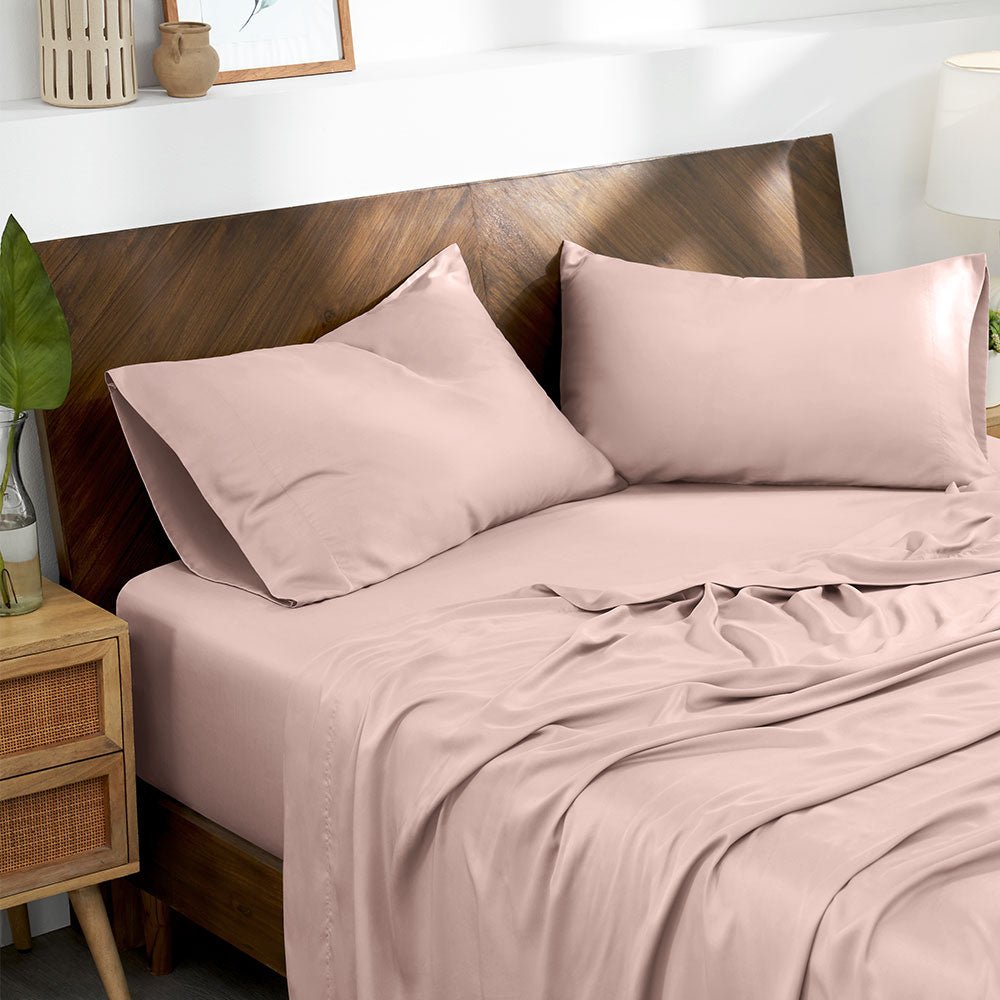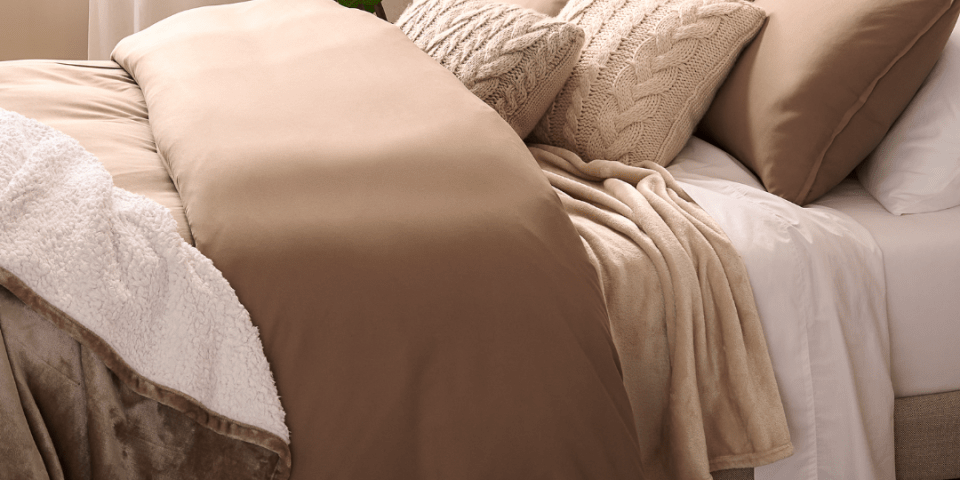Happy Camping: How to Get a Good Night's Sleep in a Tent
When most people think about camping, they imagine spending days and nights outdoors under the stars. But for those of us who aren't used to sleeping on the ground, it can be difficult to get the rest you need. If you're looking for tips on how to get comfortable while camping, keep reading! We'll share some advice on how to make sleeping outdoors more enjoyable on your next camping trip.

Sleeping in a Tent - The Basics
When you're out camping, the last thing you want is to be uncomfortable in your tent. Luckily, there are a few things you can do to make sure your tent is pitched properly and stays dry and comfortable throughout the night.
Nobody likes waking up in a wet tent. So before leaving home, make sure your tent is waterproof by checking for holes or leaks. A sticky rain cover or flaking seams are tell-tale signs that a tent's waterproofing is no longer sound.
Make sure to choose a level spot for your tent. This will help to prevent you from rolling or sliding in the middle of the night. Be sure to remove any rocks or twigs to prevent sleeping on uncomfortable lumps. If you can find a patch of soft grass, even better!
If possible, try to pitch your tent in a spot that is sheltered from the wind to keep the inside calm and quiet. And be sure to ventilate your tent well. This will help to prevent condensation from building up inside and making your sleeping area damp. By following these simple tips, you can ensure that you have a comfortable night's sleep while camping.

Get Plenty of Exercise
One of the most effective ways to ensure a restful sleep at night is to get plenty of exercise during the day. A healthy dose of physical activity will help to tire you out, so you're more likely to fall asleep when you retire to your tent for the night.
In addition, exercise improves circulation and reduces stress levels, both of which can contribute to a night of good sleep. So next time you're planning a camping trip, be sure to pack your hiking boots and hit the trails for a good workout during the day. You'll be glad you did when you're able to fall asleep easily under the stars.

Beyond Sleeping Bags
Not all sleeping bags are created equal. To sleep comfortably, it is important to have the correct sleep system (consisting of a sleeping pad, sleeping bag, and an optional liner or pillow). But with all the new technology available, it can be hard to know what kind of sleep system is best for you. Here are a few tips to help you choose the right sleeping gear for your camping adventure.
Make sure the temperature rating of your sleeping bag is suitable for the conditions you'll be sleeping in. You don't want to wake up in the middle of the night having lost precious body heat. A high-quality sleeping bag will keep you comfortable at the temperature listed by the manufacturer. Consider adding a sleeping bag liner for additional warmth or to wick away night sweats.
Sleeping pads or mattresses are another important part of your sleep system. They provide insulation from the ground and can add extra comfort. Choose one that's comfortable for you and rated for the temperatures you'll be sleeping in. An inflatable camp pillow can also help save your neck and make sure you get a good night's sleep. With a little planning, you can have a comfortable sleep in your tent no matter what the conditions are outside.

Regulate Your Core Body Temperature
The key to regulating your temperature while you sleep is to stay dry and ventilated. When your body gets too hot, sweat is produced to help cool you down. However, if you are unable to evaporate this sweat, it will begin to pool on your skin and actually make you hotter. To stay dry, use a moisture-wicking sleeping bag liner and camp in a spot with good airflow.
If you start to feel too cold, add an extra blanket or put on warm layers such as merino wool long underwear or a hat. Or place a hot water bottle inside your sleeping bag to boost warmth (even better if you put it in your bag 1/2 hour before bed!). Finally, eat a light snack before bed. Digestion increases your core temperature, ensuring that you stay warmer longer.

DON'T FORGET WATER!
It's also important to keep yourself hydrated, as dehydration can make you feel colder. Drink plenty of water during the day and avoid alcohol before bed. By following these simple tips, you can regulate your temperature and sleep like a hibernating bear.

Minimize Environmental Distractions
Camping can be a great way to get away from the hustle and bustle of everyday life and enjoy some peace and quiet. However, it can be difficult to get a good night's sleep when you're surrounded by nature's sounds and light.
THE SOUND OF SILENCE
One way to help block out noise is to use a white noise machine that produces calming sounds. Since it's not always practical to bring a bulky machine with you, try an app on your phone instead. Another option is to wear ear plugs, which can be inserted into the ear canal to help muffle outside noise. A good noise-canceling pair can be found for less than $30 on Amazon.
I'M BEGINNING TO SEE THE LIGHT
An eye mask can also help by blocking out light. Eye masks are typically made of dark fabric and can be worn over the eyes to help keep light from entering the sleeping area. By using these simple strategies, you can wake up feeling refreshed and ready to enjoy the outdoors.
A Routine Checkup
To sleep well while camping, it is important to stick to your normal bedtime routine as much as possible. This means going to bed at the same time each night and setting an alarm for the morning. If you can, disconnect from electronics an hour before bed and read or journal instead. The goal is to give your mind and body time to wind down so that you can fall asleep easily.

WHEN NATURE CALLS
We've all been there. You're all snuggled up in your sleeping bag, exhausted from a full day of hiking, ready to fall asleep, and....nature calls. To help ensure that you can sleep through the night, it's important to follow a few simple steps before bed to minimize trips to the privy.
First, limit your fluid intake for the last two hours before bed. This means avoiding beverages like coffee, tea, and alcohol, which can act as diuretics and promote wakefulness. Make sure to use the bathroom about half an hour before you plan to go to sleep.
Then, right before bed, use the bathroom again. This will help to ensure that you won't have to get up in the middle of the night. By following these simple steps, you can help ensure that you'll sleep soundly all night long.

Critter Control
Spending time in the great outdoors is a great way to relax and recharge, but it's also bear country. While most animals and insects are harmless, they can still be a nuisance, especially if they wake you up in the middle of the night. To avoid being bothered by critters, there are a few things you can do.
First, make sure your tent's mosquito netting is free of holes, which will help to keep bugs at bay. Second, lock up your food in a container such as a bear canister. This will prevent animals from being tempted to rummage through your belongings in search of a snack. By taking these simple precautions, you can enjoy a peaceful night sleeping surrounded by the beauty of nature.

Tips for Camping with Kids
For many kids, camping can be a scary experience. Not only is it an unfamiliar environment, but there are also all sorts of new sounds and smells. As a result, it's not surprising that many kids have difficulty sleeping while camping. There are a few things you can do to help your kids feel more secure and get a good night's sleep.
First, make sure they have a comfortable place to sleep. An air mattress or cot will help them feel more like they're at home. Second, bring along some familiar items from home, like a favorite stuffed animal or blanket. These items will help to remind them of home and provide comfort in unfamiliar surroundings.
Finally, try to stick to their usual bedtime routine as much as possible. If they usually take a bath before bed, do your best to give them a bath at the campground. The familiar routine will help to signal their bodies that it's time to sleep. By following these simple tips, you can help your kids enjoy camping and sleep soundly too.

Conclusion
Camping can be a fun and rewarding experience, but it's important to make sure you're prepared for all the potential challenges. In this article, we've provided tips on how to sleep well while camping in any condition. We've also shared some advice on how to keep your kids comfortable and safe while they're sleeping under the stars. With a little planning and preparation, you can ensure that everyone in your camping party has a great time and sleeps well. Happy Camping!

